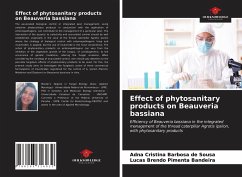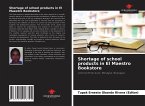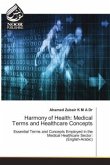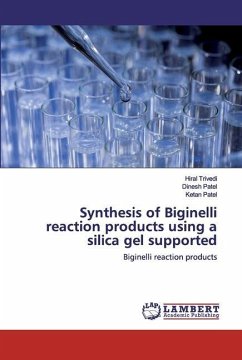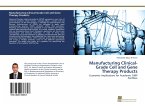The associated biological control or integrated pest management, using selective phytosanitary products in conjunction with the application of entomopathogens, can contribute to the management of a particular pest. The interaction of the aspects to selectivity and associated control should be well established, especially in the case of the thread caterpillar Agrotis ipsilon where the strategy of biological control with entomopathogenic fungi and insecticides is applied, but the use of insecticide is the most conventional. The action of phytosanitary products on entomopathogens can vary from the inhibition of the vegetative growth of the fungus, of conidiogenesis, to the occurrence of genetic mutations, altering the fungal virulence. When considering the strategy of associated control, one should pay attention to the possible fungitoxic effects of phytosanitary products to be used. For this, the present study aims to investigate the fungitoxic action of three commercial formulations of insecticides registered for the control of A. ipsilon (fipronil, Malathion and Diazinon) on Beauveria bassiana in vitro.
Hinweis: Dieser Artikel kann nur an eine deutsche Lieferadresse ausgeliefert werden.
Hinweis: Dieser Artikel kann nur an eine deutsche Lieferadresse ausgeliefert werden.

